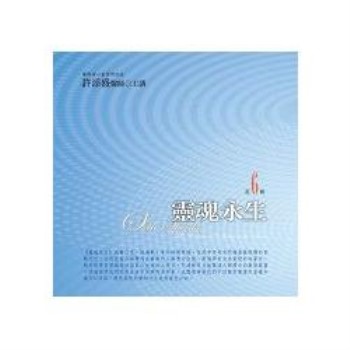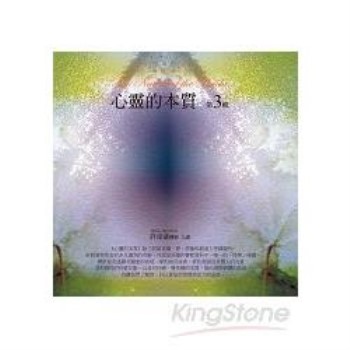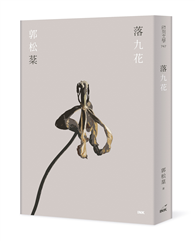Muslim Enlightened Thought in South Asia is an engaging history of the enlightened liberality of modern Muslim poets, philosophers, educationists, novelists, historians, artists and public intellectuals who drew on a long Muslim intellectual tradition beyond the "Western" liberalism of empire.
Interpreting the pathbreaking contributions of an array of creative Muslim figures, the book challenges the view portraying them as exemplars of an insular and defensive "apologetic modernity". It highlights a strand of Muslim thought and liberality of mind that has been ignored by scholars obsessed with dire and dour theologians. This book questions both the presumptions of historians of liberalism that exclude Muslims from the domain of modern liberal thought and the predilections of those scholars of Islam who lean solely on discovering theological rigidity among ulama. It analyzes the forces that have contributed to the narrowing of intellectual space since the late twentieth century and the resilience of expansive and enlightened ideas that have kept candles flickering in the enveloping darkness.
Foregrounding the enlightened conceptions of Ghalib, Sayyid Ahmad Khan, Iqbal and Sadequain on faith, selfhood, history and time - and bringing other Muslim thinkers out of the shadows, the book offers a nuanced reformulation of the meaning of religion for our challenging times. It will be of interest to a wide readership interested in the history of Islam and South Asia.












